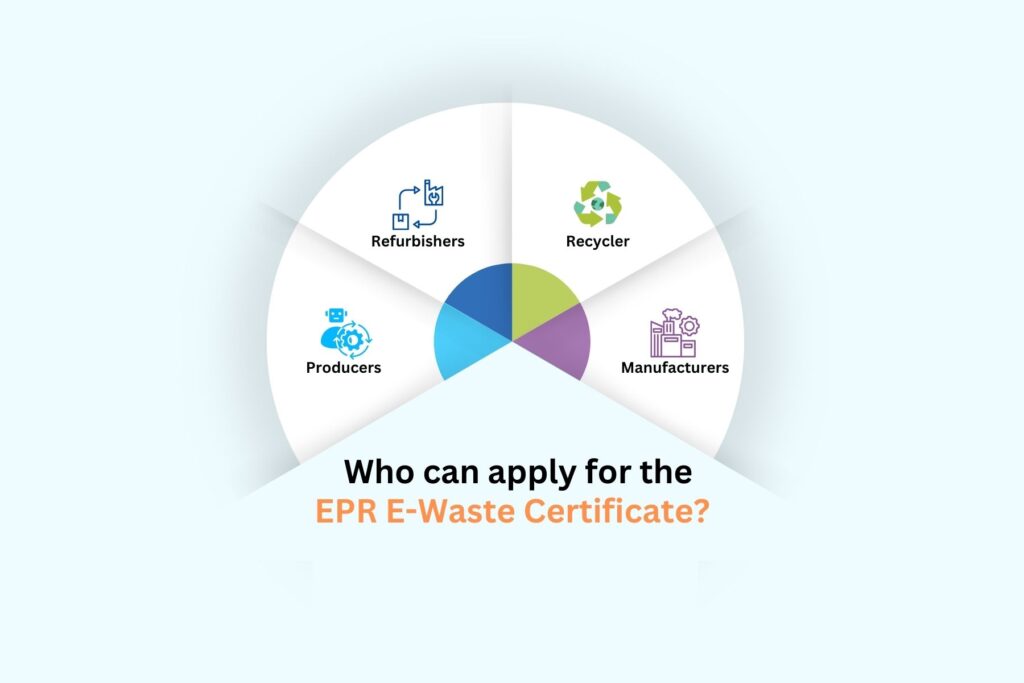
1. What is Legal Metrology?
Legal Metrology is:
- The application of legal requirements to measurements and measuring instruments.
- A branch of metrology that deals with regulatory and statutory requirements to ensure accuracy, reliability, and fairness in trade and safety.
Objective of Legal Metrology
- Ensuring accuracy and security in weights and measurements.
- Providing a public guarantee regarding the correctness of measurements in trade, health, safety, and environmental protection.
- Preventing unfair practices by standardizing measurement systems.
2. What is the function of Legal Metrology?
Legal Metrology plays a critical role in regulating measurements to ensure accuracy, fairness, and transparency in various sectors of society and the economy. Its primary function is to oversee the standards and enforcement of weights and measures, which impacts trade, consumer protection, and national development.
Key Functions of Legal Metrology:
1. Ensuring Precision and Accuracy in Measurement:
- Legal Metrology guarantees that measurements used in trade and commerce are accurate and consistent, thereby protecting both buyers and sellers.
- This promotes trust and confidence in commercial transactions.
2. Supporting a Transparent and Efficient System:
- By standardizing weights and measures, it creates a fair and transparent market environment for:
- Consumers – who get value for money
- Businesses and industries – which operate on a level playing field
3. Contribution to the National Economy:
- Accurate measurements enhance revenue collection in several sectors by preventing malpractices and ensuring correct billing and taxation.
- This contributes directly to the economic growth of the country.
4. Minimizing Revenue Losses:
- Legal Metrology helps reduce losses caused by inaccurate measurements in high-revenue sectors such as:
- Coal
- Mining
- Petroleum
- Railways
- Manufacturing and heavy industries
5. Reducing Wastage in the Infrastructure Sector:
- Precision in measurement during procurement, construction, and project implementation helps in cutting down wastage, optimizing resources, and ensuring project efficiency.
What is Legal Metrology (Packaged Commodities)?

Legal Metrology (Packaged Commodities) refers to the regulation and standardization of packaged goods to ensure transparency, accuracy, and consumer protection in the sale and distribution of products.
It is governed by the Legal Metrology (Packaged Commodities) Rules, 2011, framed under the Legal Metrology Act, 2009.
Mandatory Declarations on Packaged Commodities
To protect consumers and ensure fair trade, the following mandatory declarations must be made clearly on every package:
1. Name and Address
Of the manufacturer, packer, or importer.
2. Country of Origin
- Must be mentioned for imported products (e.g., “Made in Germany”).
3. Common or Generic Name of the Commodity
- What the product actually is (e.g., Toothpaste, Rice, LED Bulb).
4. Net Quantity
- Expressed in standard units (e.g., weight in grams or kilograms, volume in ml or liters, or number of items).
5. Month and Year of Manufacture / Packing / Import
- Important for determining shelf life, expiry, and compliance.
6. Retail Sale Price
- Displayed as MRP (Maximum Retail Price), with the phrase:
“MRP ₹… (Inclusive of all taxes)”
7. Consumer Care Details
- Contact information for consumer complaints or queries, such as a phone number, email ID, or address.
4. What is Legal Metrology Model Approval?
Legal Metrology Model Approval is a regulatory process under the Legal Metrology (Approval of Models) Rules, 2011, established to ensure that weighing and measuring instruments meet specific standards of accuracy, reliability, and safety before they are manufactured or imported for use in India.
Legal Requirement for Model Approval:
- As per the Legal Metrology (Approval of Models) Rules, 2011:
- Manufacturers or importers of weighing and measuring instruments (as prescribed under the Legal Metrology Act, 2009) must obtain prior approval from the Government of India.
- This approval certifies that the design/model of the equipment conforms to the required technical and legal standards.
- It is mandatory before:
- Manufacturing
- Importing
- Selling or distributing such equipment in the Indian market.
5. What is Regional Reference Standard Laboratories (RRSLs)?
Regional Reference Standard Laboratories (RRSLs) are specialized institutions established by the Government of India to support and strengthen the Legal Metrology system across the country. These laboratories play a critical role in ensuring the accuracy, reliability, and traceability of weights and measures used in trade and commerce.
Key Functions of RRSLs
RRSLs perform various technical and support functions, including:
1. Verification of Secondary Standards
- Checking and calibrating secondary standards used by State Legal Metrology Departments.
2. Testing of Models of Weights and Measures
- As part of the model approval process under Legal Metrology.
3. Calibration of Sophisticated Instruments
- High-precision weighing and measuring instruments used in industries and scientific research.
4. Consumer Awareness Programs
- Promoting knowledge and awareness about accurate measurements and consumer rights.
Overall Conclusion:
Legal Metrology is a crucial regulatory framework that governs measurements and measuring instruments to ensure accuracy, transparency, and fairness in trade and commerce. It plays a vital role in public interest, consumer protection, and national economic growth.
Legal Metrology is not just a regulatory necessity, but a pillar of economic integrity and consumer protection. It ensures that every gram, meter, or liter exchanged in the market is trustworthy and standardized, forming the basis of fair trade, revenue protection, and national development. Through robust legislation, technical infrastructure like RRSLs, and strict enforcement mechanisms, Legal Metrology supports a transparent, efficient, and consumer-friendly economy.

